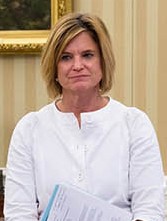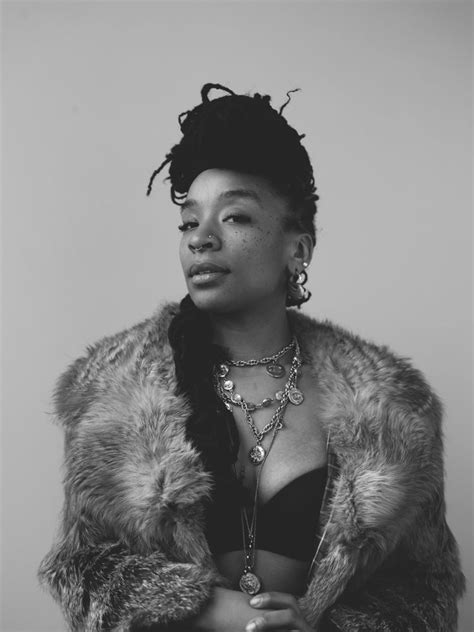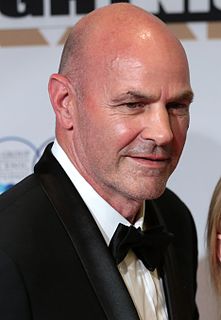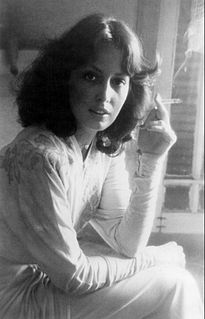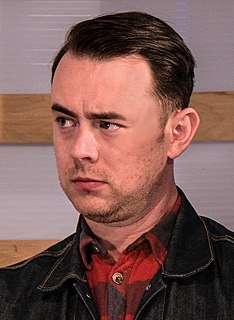A Quote by Kenneth Clark
It is often said that Leonardo drew so well because he knew about things; it is truer to say that he knew about things because he drew so well.
Related Quotes
But Jude,' she would say, 'you knew me. All those days and years, Jude, you knew me. My ways and my hands and how my stomach folded and how we tried to get Mickey to nurse and how about that time when the landlord said...but you said...and I cried, Jude. You knew me and had listened to the things I said in the night, and heard me in the bathroom and laughed at my raggedy girdle and I laughed too because I knew you too, Jude. So how could you leave me when you knew me?
"Only write what you know" is very good advice. I do my best to stick to it. I wrote about gods and dreams and America because I knew about them. And I wrote about what it's like to wander into Faerie because I knew about that. I wrote about living underneath London because I knew about that too. And I put people into the stories because I knew them: the ones with pumpkins for heads, and the serial killers with eyes for teeth, and the little chocolate people filled with raspberry cream and the rest of them.
I went to an art high school in Washington D.C., and I majored in visual art. When I started there, I was horrible - couldn't draw, couldn't sketch, couldn't do anything. I remember at one point I came to terms with the fact that I had to work my ass off to do well and that's exactly what I did. I drew and drew and drew, and it worked - I ended up getting the award for best artist and went on to apply to design school because I loved it so much. I think it really speaks to the idea that you can in fact excel at whatever you put your mind and your heart to.
To me, the housewife who puts her teacups unwashed in the sink because her husband won't wash them, is political. Every act is political: the things you do, as well as the things you omit doing; the things you refuse to do; the things you fail to do; the things you say, as well as the things you don't say.



